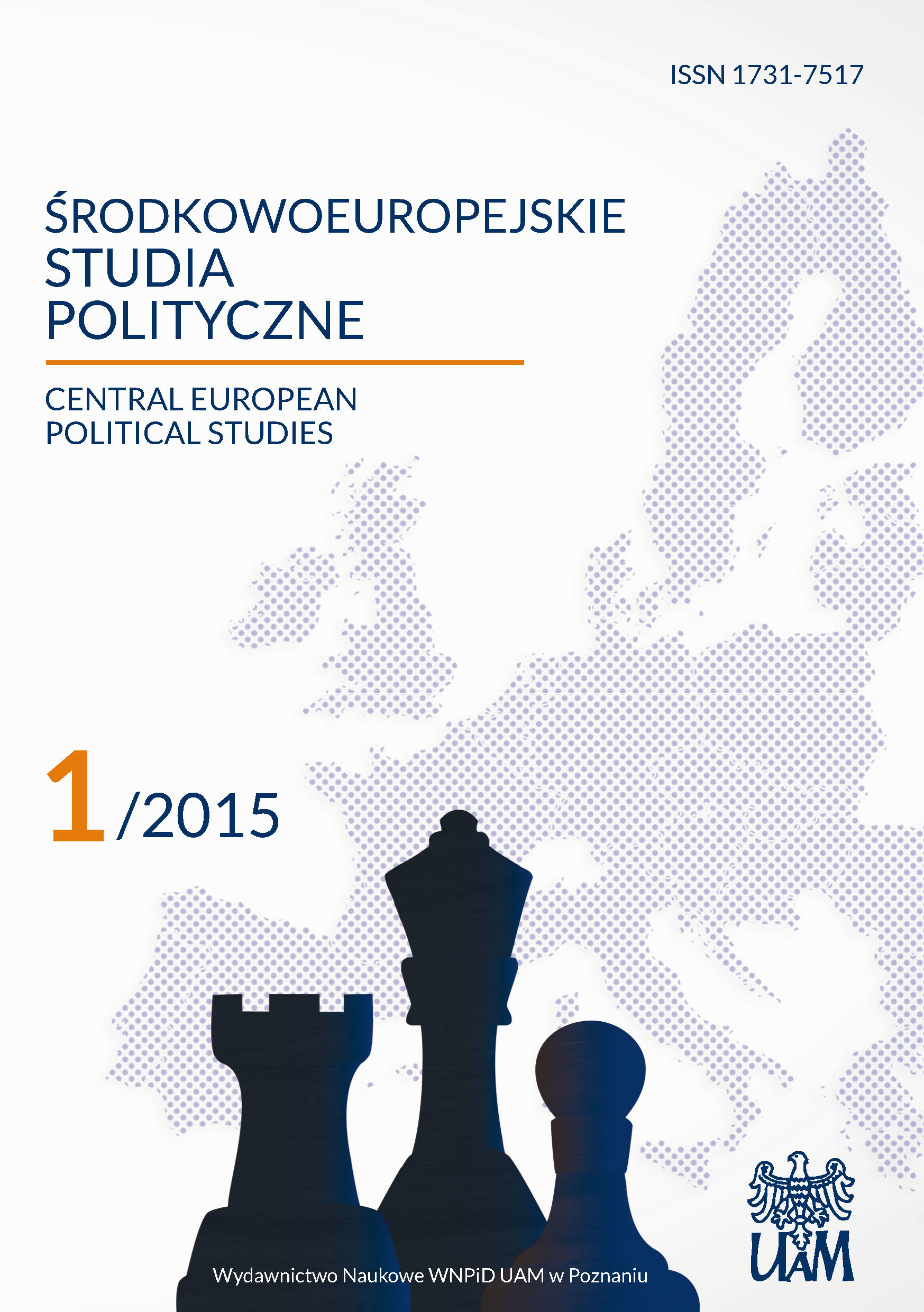Elektroniczne systemy antyplagiatowe jako narzędzie wykrywania przypadków plagiatu w pracach studentów i pracowników naukowych
Electronic anti-plagiarism systems as a tool to detect the instances of plagiarism in papers by students and academics
Author(s): Jędrzej SkrzypczakSubject(s): Social Sciences, Education, Higher Education
Published by: Uniwersytet Adama Mickiewicza
Keywords: electronic anti-plagiarism systems; plagiarism; copyright infringement; the right to quote
Summary/Abstract: The mass character of academic education, coupled with easy access to the enormous number of sources and studies available on the Internet has resulted in an epidemic of copyright infringement. As of October 1, 2014, higher education institutions in Poland have been required to check students’ final dissertations before the final exam with anti-plagiarism software compatible with the national repository of final dissertations. The paper undertakes to clarify the issues of how these IT systems operate and what their importance is as concerns the legal consequences of inadmissible borrowings detected. The issue of the right to quote in Polish copyright law is discussed. Anti-plagiarism software provides a useful, albeit imperfect instrument. It is obvious that no academic advisor or reviewer is able to detect all the borrowings from other works which these systems are able to do. Their shortcomings, however, include the as yet limited database of materials for comparison. The system can also be easily tricked. More important, however, is the fact that these systems are not able to fully account for the specific nature and the essence of copyright protection. They can provide a useful solution, capable of detecting unethical practice, but the outcomes have to be verified by an academic advisor.
Journal: Środkowoeuropejskie Studia Polityczne
- Issue Year: 2015
- Issue No: 1
- Page Range: 125-142
- Page Count: 18
- Language: Polish

